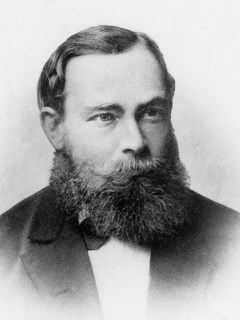
Publication details
Publisher: Springer
Place: Berlin
Year: 1994
Pages: 175-194
Series: The Western Ontario Series in Philosophy of Science
ISBN (Hardback): 9789401043595
Full citation:
, "Objectivity and realism", in: Kant and contemporary epistemology, Berlin, Springer, 1994


Objectivity and realism
pp. 175-194
in: Paolo Parrini (ed), Kant and contemporary epistemology, Berlin, Springer, 1994Abstract
By starting from uncontroversial commonplaces or platitudes philosophers may arrive at a profound disagreement over fundamental issues. In his criticism of psychologism Frege makes the innocuous point that being true is different from being taken to be true. Neither error nor discovery would be conceivable otherwise." Davidson makes the same point by claiming that the notion of belief involves the notion of objective truth.2But Dummett has claimed that Frege is "the very archetype of a realist" and takes his remark as an "affirmation of his realist stance"3while Davidson has been considered to be an idealist who, by starting from Convention T and expanding the notion of translation to that of "translation into a language we know" — a small, but significant expansion! — identifies what can be true with what we can understand.4Thus, the disagreement between a realist and an idealist doesn't exclude that they accept the same platitude. Where does the disagreement come from? It may be that it is due rather to the use philosophers make of the platitudes than to the platitudes themselves.
Cited authors
Publication details
Publisher: Springer
Place: Berlin
Year: 1994
Pages: 175-194
Series: The Western Ontario Series in Philosophy of Science
ISBN (Hardback): 9789401043595
Full citation:
, "Objectivity and realism", in: Kant and contemporary epistemology, Berlin, Springer, 1994


